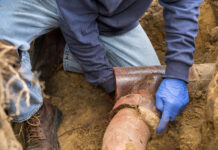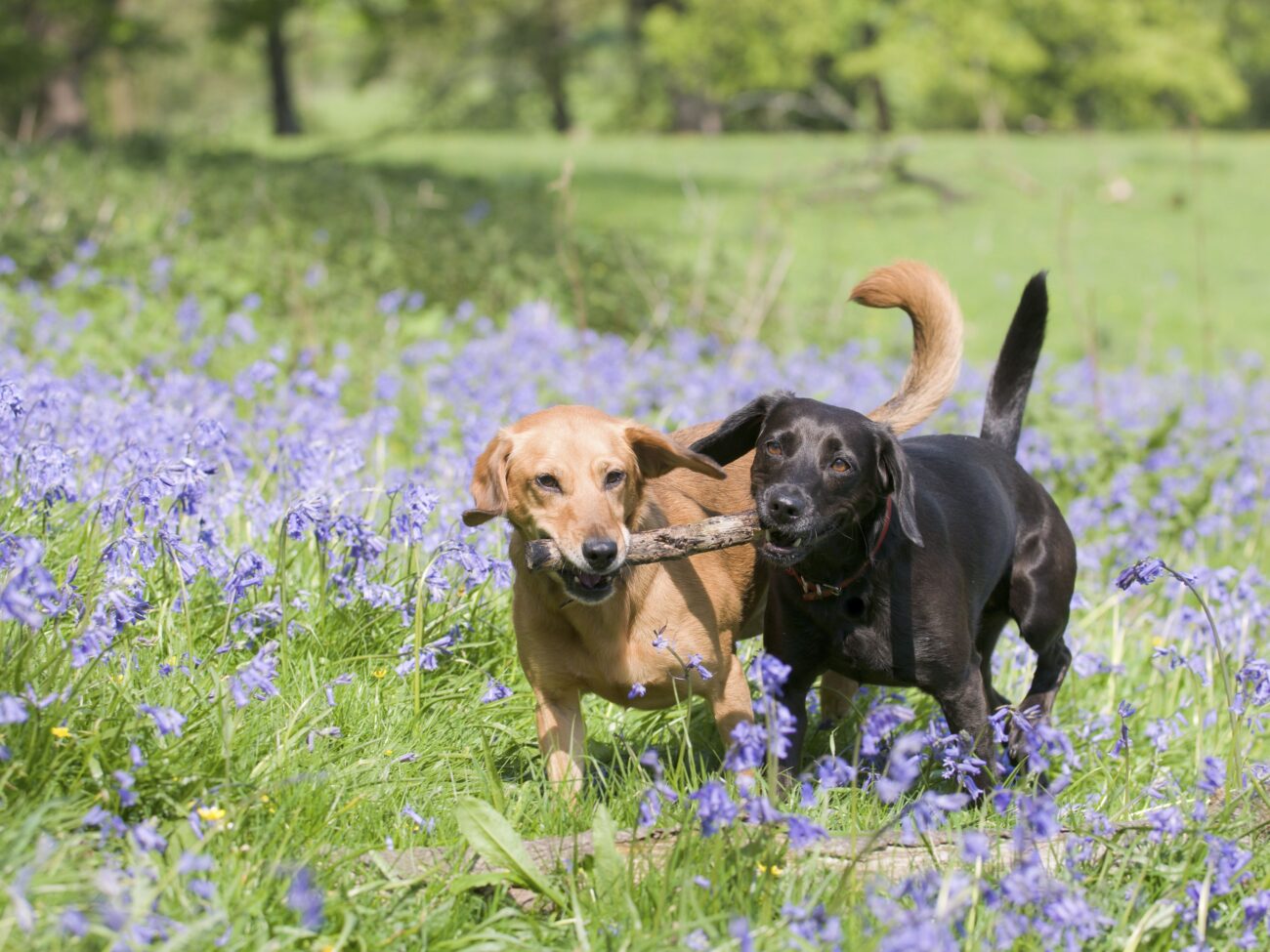
Breeding time is critical for your female dog and the stud, especially if it is the first time. First-time dogs panic, get agitated, anxious, and others even run away. Even if it is restricted, it may hurt itself or its breeding stud leading to another challenging situation. It is crucial to adequately prepare your female dog for its breeding to eliminate stress and anxiety.
So much goes into successfully breeding a female dog. First, the dog must feel comfortable with its partner to facilitate a comfortable breeding experience. Here are some tips for preparing your female dog for breeding.
As a pet parent, you should also be aware of the dog’s heat cycle, one of the most crucial stages of the dog’s development. Breeding your dog on her first heat can also present health risks for her and her pups, such as bad genes being passed on, and behavioral changes like aggression. By learning some other facts about the dog in heat from Petparents, you will be able to determine the best time for breeding.
1. Introduce it to the mating partner early enough
The easiest way to eliminate any tension and stress is to introduce the dogs to each other before the breeding day. That will help them become accustomed to each other, and the breeding meeting will be more pleasant. As the parent of a female dog, the meeting also allows you to assess the stud and your bitch and see if they have the same dispositions.
Overall, the first meeting creates a comfortable atmosphere for both dogs, increasing the chances of successful breeding. By the time they mate, they will have played with each other got accustomed to each other’s scent hence a safe and comfortable atmosphere for breeding. It also helps you to know if they are compatible with breeding or not.
2. Organize the mating in a familiar environment
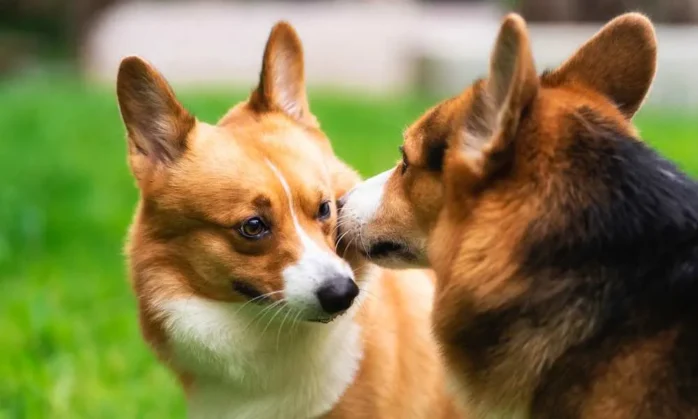
After familiarizing your female dog with its male partner, you should familiarize it with the breeding environment. In most cases, mating occurs in the stud’s home because taking it outside its environment can cause insecurity and divide its attention. If the stud visits the bitch it should be placed in an enclosed area with good footing to feel secure and mate without distractions.
Also, you should not rush the mating process. The dogs need some hours to get used to each other even after the first introductory meeting. You can bring in your dog’s toys to create a familiar scent around the mating environment. Also, you and the stud’s owner should supervise the dogs to ensure their safety during the breeding process.
Talking to the dogs familiarly and softly can ease the tension. Also, ensure that no other dogs are present in the area as it may cause jealousy and distractions. The more relaxed the breeding environment is, the more likely the success of the process.
3. Choose the right stud for your dog
Choosing the right stud for your female dog is imperative, especially if it is a virgin. So much can happen during the mating process, such as your dog being shy, the stud being aggressive, the female yapping the male, or the male being unable to mount the female. If it is the first breeding for your female dog, find an experienced stud as it eliminates the difficulties of mating two inexperienced dogs.
Always work with a responsible breeder such as perfect pooches to ensure the best outcome when breeding your dog. A responsible breeder will not compromise the health of the stud for monetary gains, so it is essential to do your due diligence. When choosing a stud for your female dog, ensure it has a well-documented history and pays attention to any hereditary traits and conditions in their parent or offspring.
It is advisable to choose a stud that is old enough to manifest any hereditary conditions it may have. In contrast, younger studs may not have manifested all the traits, so some may be hidden. Consider a stud with features your female dog doesn’t have to increase your chances of getting perfect puppies.
4. Do not distract them
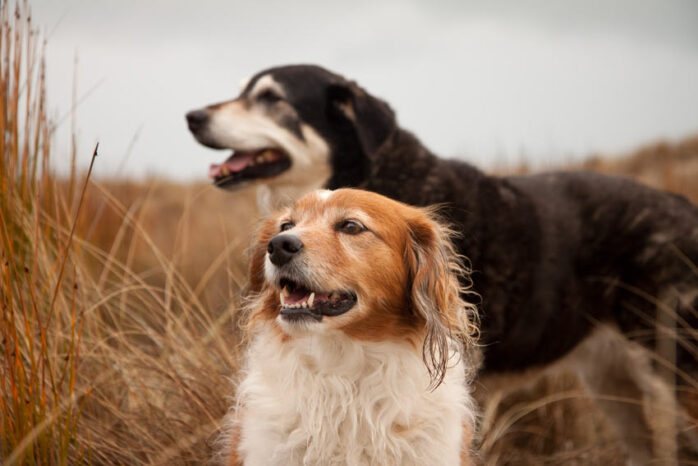
Even if you want to be there as the dogs breed, try not to become a distraction. You should monitor the dogs to ensure that no problems arise during the mating process but do not be intrusive to the dogs’ privacy. Your dog is likely to be distracted if they see you hovering around, and they will want to interact or play with you rather than their new mate.
Note that breeding can be a lengthy process, and you should try your best to provide a relaxing environment for the dogs. Distractions can lengthen the process even more, and unless your dog is distressed, you should try to be invisible as possible. The breeding may not occur immediately or after several hours, especially if the dogs are not familiar with each other.
5. Be patient
Mating may require more than a single attempt, so you should lower your expectations and be patient. A first-timer may need more time to be confident mating with their partner, and even an experienced one may need more time to mate successfully. Even when the mating finally occurs, it can take dozens of minutes as the dogs play around and switch positions.
The only way you can help is to assist the dogs with positioning if they have difficulty. The actual insemination may take minutes, but the dogs may not be able to separate because a stud’s penis swells after insemination. Still, it goes down naturally, and the dogs separate. Do not startle them as interruptions can cause them to pull themselves apart, and they may hurt.
6. Prevent the female from urinating immediately after
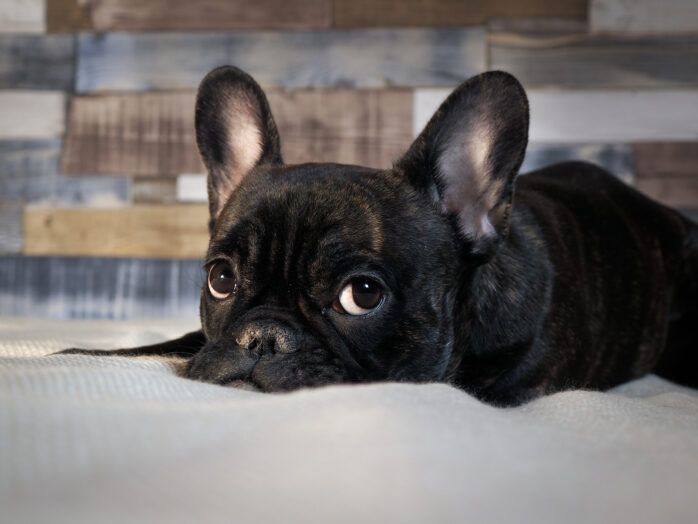
Your breeder may advise how to handle your female dog after mating to ensure success. For instance, you may put it in a crate for some time to prevent it from urinating and save as much semen as possible. Generally, place it in an environment where it is less likely to urinate. Also, ensure the stud’s penis has retracted before forcing it out to avoid hurting it.
Wrapping up
Breeding your female dog can be a long process that requires all the patience you can afford. The more comfortable and relaxed the dogs are, the higher the chances of a successful breeding process. Also, it may take several attempts, and you may have to try a first, second, and third time before the mating is successful.


